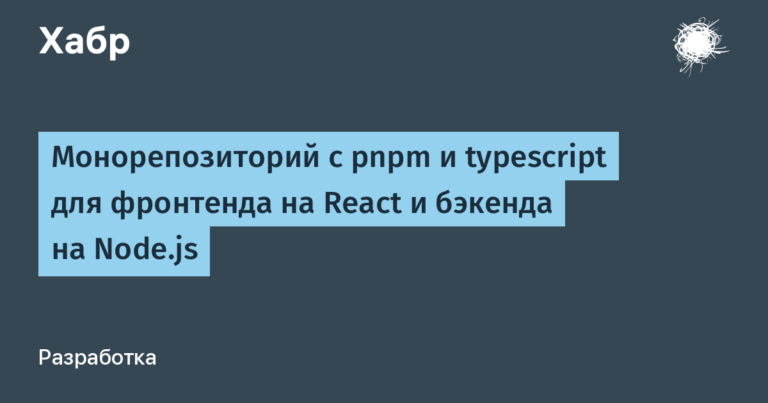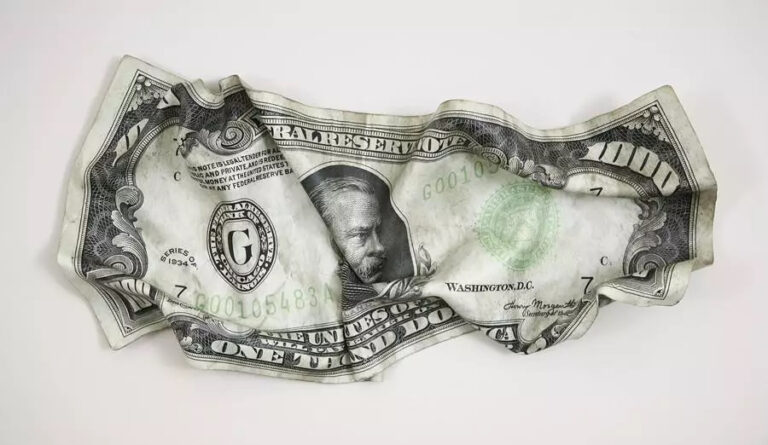Streaming services are happy with the financial results of the year, but things are different for musicians
While music venues boast of 2020 profits and results the first quarter of this year, and even urge authors and performers to record and upload their works as often as possible, the latter are often forced to develop almost on sheer enthusiasm. We will discuss who is helping them and how the situation is developing in the industry.

What’s happening
how explains Cameron Collins, media and entertainment content lawyer, platforms like Spotify don’t pay for individual streams. They are initially aimed at calculating the remuneration depending on the share of the number of listens to music by one author or another in the “common pot” of streams of all content released on the site. With this approach, there is nothing surprising in the fact that performers from the ten most famous performers earn several times more than slightly less popular musicians. Independent and emerging creators who are not among the leaders are simply swept the crumbs off the table, even if they gain hundreds of thousands of plays.
Other streaming services that use a similar billing model pay even less, by the way – Pandora and YouTube average $ 0.00203 and $ 0.00154 per stream. It turns out that the problem is of a systemic nature, and if the bulk of the venues continue to adhere to the chosen course, ordinary musicians will get less and less. And at some point, they may completely lose interest in working with such services.
There are already examples of how some bands start by selling their releases right at their concerts. As the tour ends, they open a showcase on their website with the possibility of ordering an album on disc or vinyl, and after that, they go to sites like Bandcampwhere music is distributed in a similar way. And only as a final step, when all other options have already been implemented, they publish it on streaming platforms in order to attract the attention of a wide audience. This approach allows them to maintain the interest of loyal listeners, share new products with them first and maximize profits.
Questionable alternative
It should be admitted that a number of music hosters speak not only about their profits, but also promote financial assistance to authors and performers of tracks. Take Bandcamp and its founder Ethan Diamond – last summer he reported about how his site supported musicians through direct payments without commission from on-site sales. Such an opportunity was provided within the days announced in advance: on March 20, payments amounted to $ 4.3 million, and on May 1 – $ 7.1 million. In total for 2020, the platform held nine shares and transferred about $ 40 million without withholding fees for services.

At the same time, the Bandcamp team has been generating profit for shareholders for nine years. It only says that streamers and online music showcases definitely have a decent margin of financial strength, and in general, the payouts could be higher. However, the efforts of one site are not enough for this. And some musicians criticize Bandcamp precisely for its strange commission structure. So, last year from the sale of a track for two dollars to one of the authors had to leave the platform twenty cents as a commission on the proceeds, give another fifteen to process the transaction, and apply the “applied to your revenue share balance” deduction of more than $ 1.50. As a result, he received five cents for the track.
What’s next
Bye Spotify shares plans to launch a new service that will allow creators to promote their music at the expense of royalty commissions, one can only guess about how financial models will develop in muses. industry. Everything goes to the fact that we can see a lot of high-profile PR-actions, talking about one-time bonuses and targeted help to musicians, but in reality the general situation will most likely not change. Authors and performers will continue to be drawn into a never-ending story of bureaucracy and opaque payout structures, spurring intense work on new music.
What else do we have in the “Hi-Fi World”:
What musicians fear more: piracy or monopolization of the rights to their work
Listen to not be distracted from business – lo-fi, noise and free music
Audio social networks have just entered the trend, but everyone has already gotten tired of it.
What to listen to: Free mixes, monitor plug and ambient player
We have on Habré: “Shelf players” around 50k – discussing three selected pairs.




